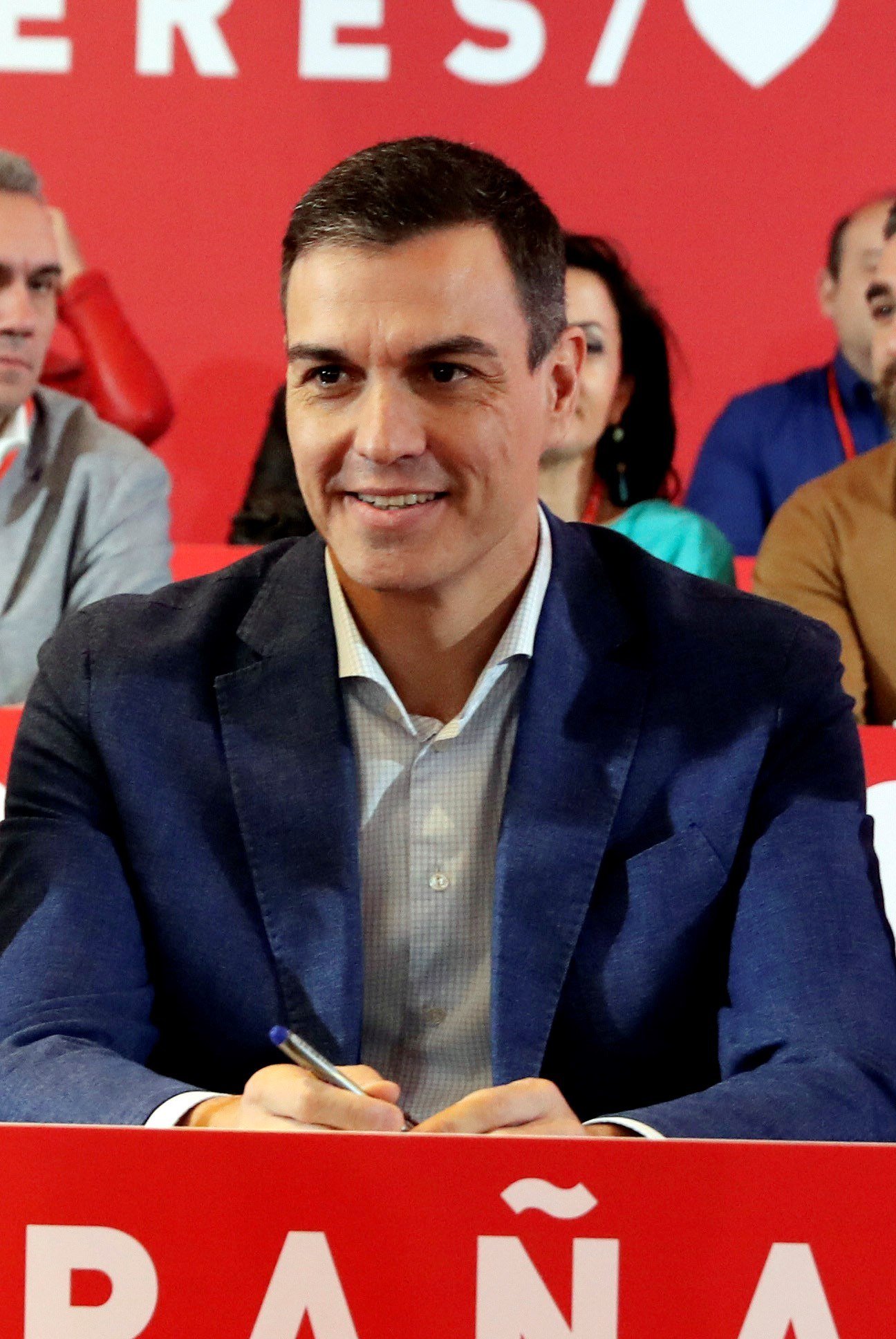Just days before the official start of campaigning for the 28th April Spanish snap general election, prime minister Pedro Sánchez seems to have two possibilities if he wants to stay in power: reach an agreement with Ciudadanos or repeat the formula that brought him into government last summer. Those are the most plausible scenarios for a coalition to get the votes to invest a government based on the latest official poll. On the other hand, it shows the right-wing trio of PP, Cs and Vox falling short of being able to form a government.
Specifically, PSOE is predicted to come first by a clear margin, going from their current 85 seats to 123-138. Second would be PP with 66-76 seats and 17.2% of votes against PSOE's 30.2%. Next would be Ciudadanos (42-51), Unidas Podemos (34-43) and Vox (29-37). ERC is forecast to get 17-18 deputies, PNV 6, JxCat 4-5 and EH Bildu 3-5.
An absolute majority in the Spanish Congress requires 176 seats. Depending on how the predictions turn out, PSOE and Cs between them would have 165-189, straddling that magic number. Sánchez's other option is to repeat the combination that brought him into government last year. At the high end of the predictions, he would have enough with Unidas Podemos alone (181). In the middle of the range, he could do it by bringing Basque nationalists PNV on board. At the low end, he would need the support of the Catalan pro-independence parties again.
As for the other option that has been the subject of intense discussion in Spain recently, that of a three-way right-wing coalition, even in the best of cases for the parties involved, this survey has them falling far short on only 164. The collapse of PP from their current 137 seats to 66-76, and those seats not all going to Cs and far-right Vox, is the key factor here.
The other great drop is seen by Unidas Podemos, who currently have 71 deputies but are predicted to get 34-43 later this month.

